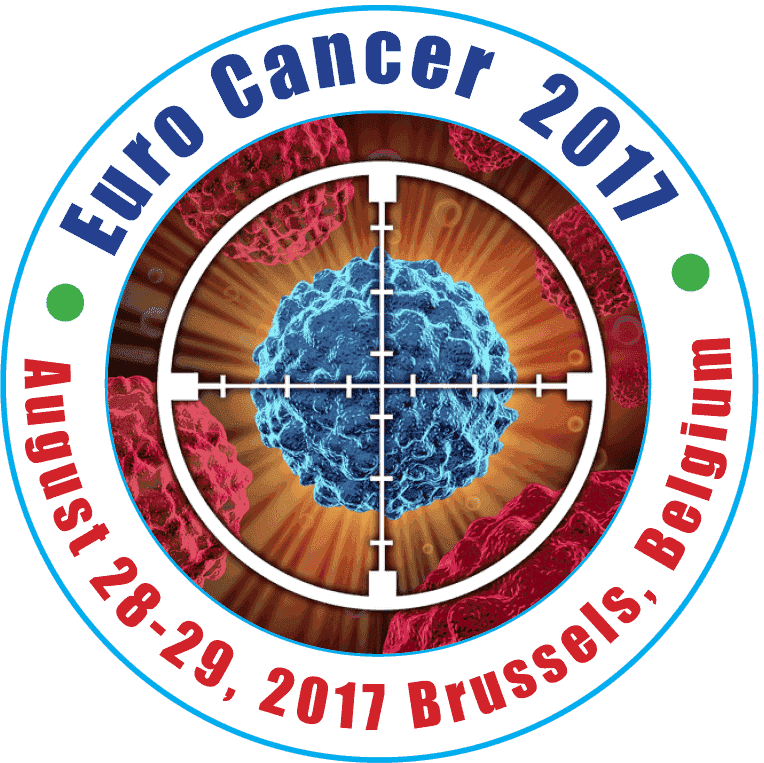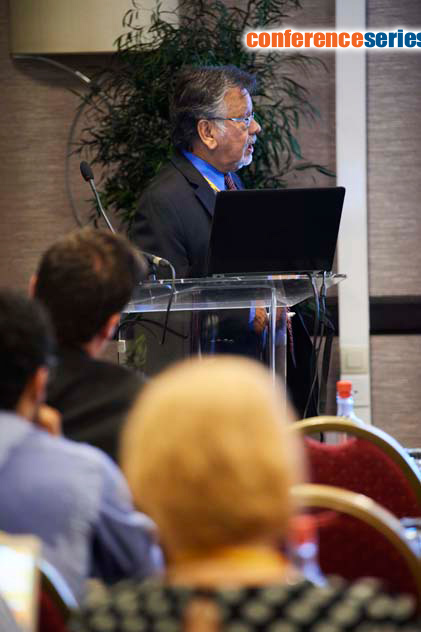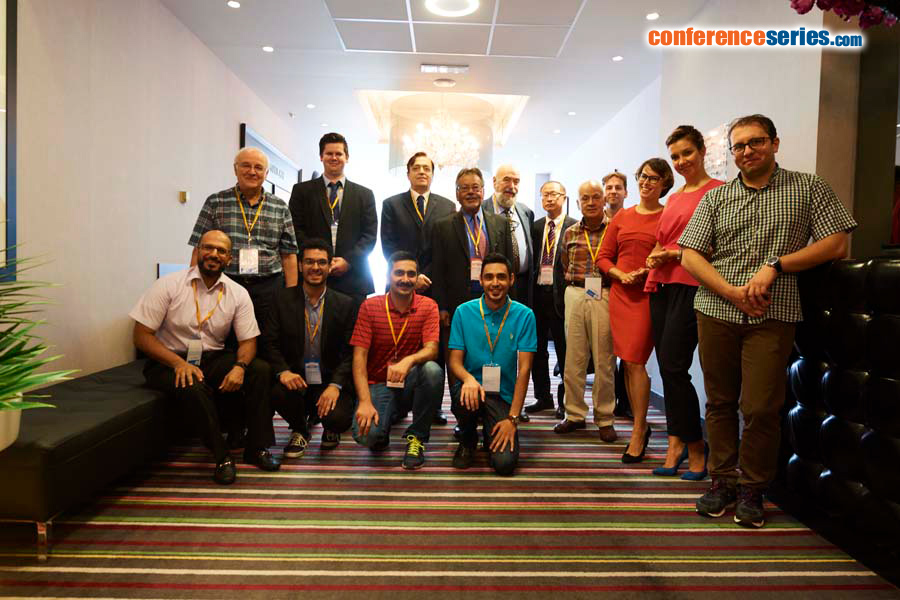
Adhip P N Majumdar
Wayne State University, USA
Title: Cancer stem cells: Implications for recurrence of colorectal cancer and development of preventive strategies with natural agents
Biography
Biography: Adhip P N Majumdar
Abstract
Recent evidence supports the contention that epithelial cancers, including sporadic colorectal cancer (CRC), the incidence of which increases with aging, are diseases driven by self-renewing cancer stem cells (CSCs). One of the characteristics of CSCs is their resistance to 5-FU based chemotherapy, the mainstay of colon cancer therapeutic with significant toxicities, resulting in high disease recurrence underscoring the need for improved CSC-targeted non-toxic preventive or therapeutics for recurrent CRC Investigations were carried out to examine the role of CSCs in the development of CRC and also to develop preventive and/or therapeutic strategies using natural agents to combat this malignancy. Initially we found that curcumin, the major active ingredient of turmeric (Curcuma longa), used in South Asian cuisine, with no discernible toxicity synergizes with FOLFOX (5-FU + Oxaliplatin) and this combination which attenuates EGFR signaling causes a marked inhibition in inhibition of colon cancer cell growth. However, use of curcumin as a chemotherapeutic agent has come under intense scrutiny because of its poor bioavailability. Recently, it has been reported that curcumin complexed with essential turmeric oils (ETOcurcumin) exhibit 7-10 fold higher bioavailability than standard curcumin. We found ETO-curcumin to synergize with palm oil (Trocotrinol) and together they were found to be highly effective in inhibiting the growth FOLFOX-resistant colon cancer cells that are highly enriched in CSCs. The results suggest that the combination of ETO-curcimin and palm oil could be an effective preventive/therapeutic strategy for recurrent colon tumor that are highly enriched in CSCs. Likewise, we found eicosapentaenoic acid (EPA), one of the components of omega-3 polyunsaturated fatty acids to also synergize with FOLFOX and that the combination of EPA and FOLFOX to be highly effective in inhibiting the growth of FOLFOX-resistant colon cancer cells in vitro and in vivo in SCID mice xenograft model. PTEN–Akt axis and Wnt signaling pathway were found to play a pivotal role in regulating the growth inhibitory process. In conclusion, our results suggest that certain natural agents by themselves or together with the conventional 5-FU based chemotherapy could be effective in eliminating or inhibiting the proliferation of CSCs and thus could be utilized to prevent the recurrence of colorectal cancer.





